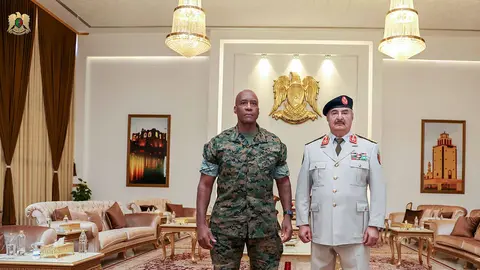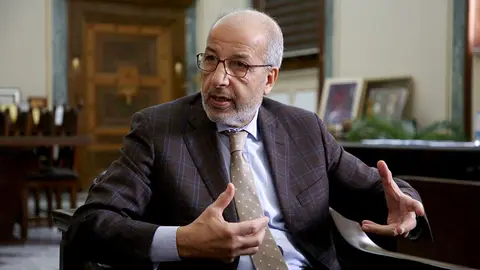UN-sanctioned human trafficker killed in Tripoli
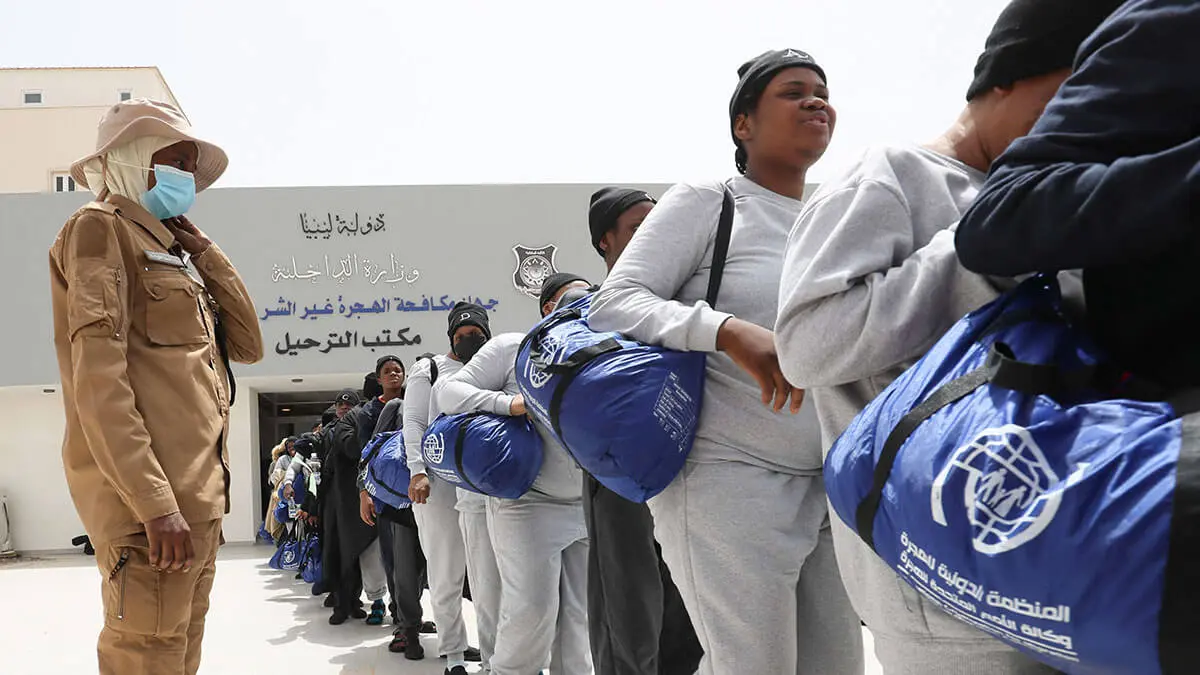
Abdel-Rahman Milad, a well-known Libyan human trafficker, was killed this past weekend in Tripoli. Milas, 34, was known in the region for smuggling everything from fuel to human beings. In this regard, he is believed to have enriched himself by preying on desperate migrants trying to reach Europe from North Africa.
Because of his activities, Interpol issued a red notice against him in 2018 after the UN Security Council sanctioned him along with five other key members of migrant smuggling networks in the country.
Milad was then described as the head of a coastguard unit in Zawiya ‘that is constantly linked to violence against migrants and other people smugglers’ from rival gangs.
In addition, UN experts monitoring the sanctions said Milad and other members of the coastguard ‘were directly involved in sinking migrant boats using firearms’.
The US Treasury Department also imposed sanctions against Milad and five other Libyans deemed a ‘threat to peace, security and stability in Libya through their involvement in migrant smuggling’. The UK took the same decision in 2023, noting Milad's involvement in serious human rights violations or abuses in Libya related to illegal immigration and smuggling.
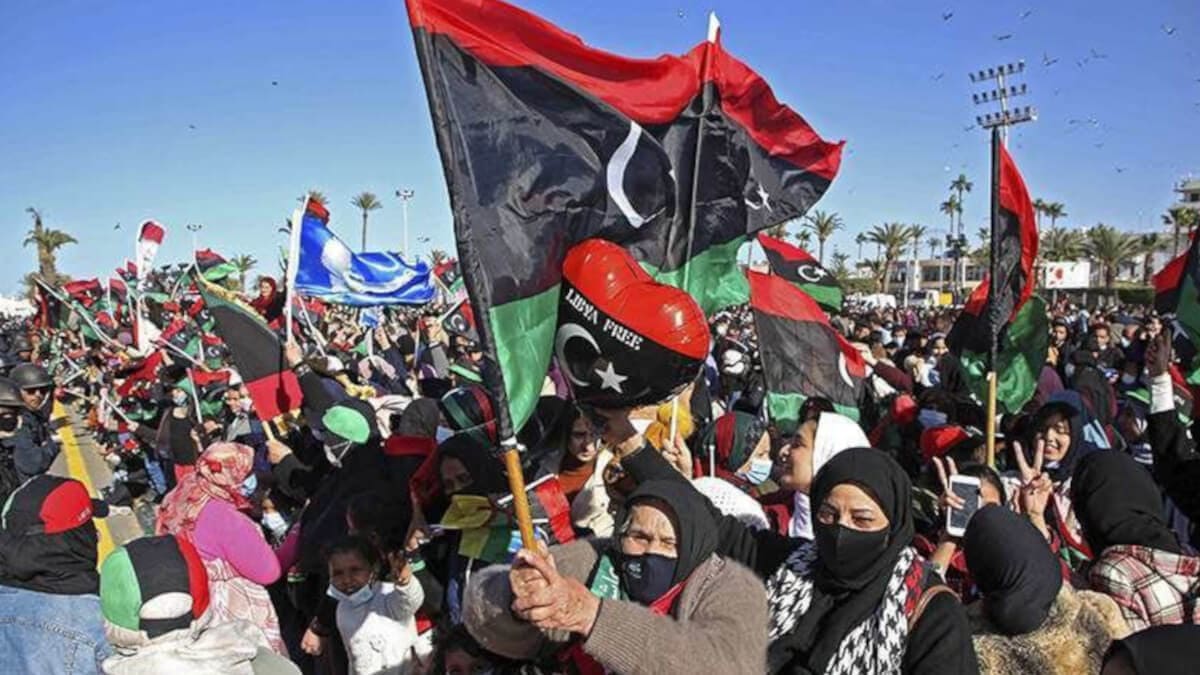
Although he was arrested in October 2020 by the Libyan authorities, he was released a few months later and appointed head of the coast guard in charge of combating illegal immigration.
In fact, the Libyan authorities have already echoed his death and, although the government of Prime Minister Abdul Hamid Dbeibeh - based in Tripoli - made no comment, Muammar Dhawi, leader of the militias in western Libya, condemned Milad's assassination and demanded justice.
Libya has been mired in corruption and instability since a NATO-backed uprising toppled dictator Muammar Gaddafi in 2011. Since then, the country has been divided between two governments, each backed by armed groups and foreign governments.
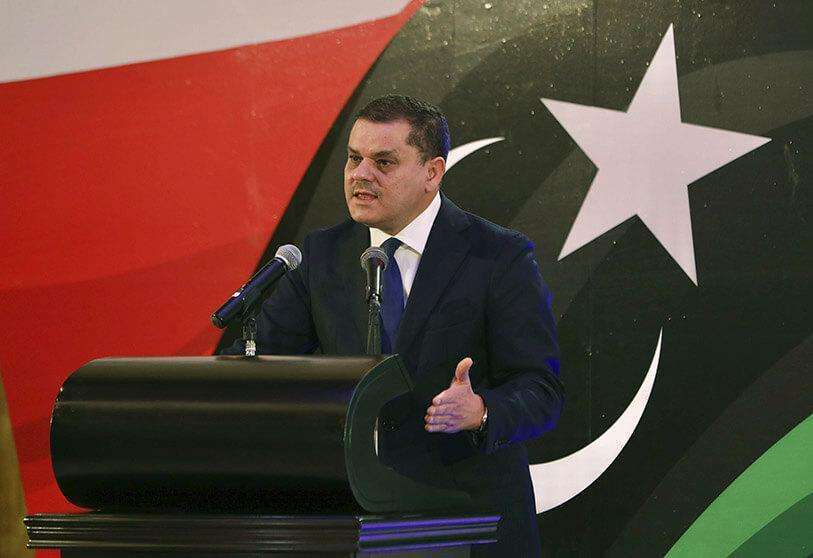
In the midst of the current chaos, the oil-rich country has become a major transit point for people from Africa and the Middle East fleeing war and poverty and seeking to reach Europe across the Mediterranean.
Figures such as Milad took advantage of this situation to enrich themselves, raising questions about whether his assassination is part of a systematic plan to liquidate prominent warlords involved in crimes against humanity who enjoy impunity.
Similarly, according to Al-Arab, it is not excluded that external actors were involved in his assassination, given his involvement in human trafficking and smuggling of illegal immigrants in the Mediterranean.
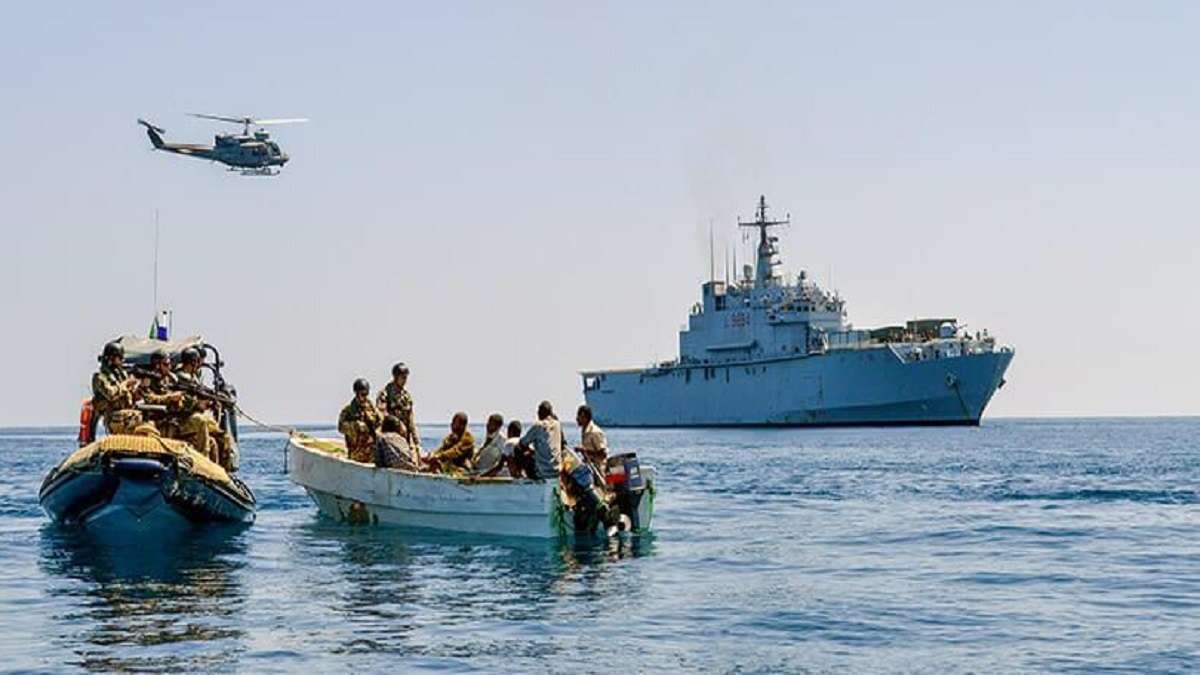
For the time being, the head of the National Unity Government, Dbeibeh, has instructed the Ministry of Interior and the competent bodies to open an urgent investigation into the death of Milad, who was killed after he left the headquarters of the Naval Academy in the Sayad area.
Milad's death has sparked controversy within Libyan politics, as despite his controversial past linked to human trafficking, the Libyan authorities have issued statements praising the smuggler. In this regard, security and immigration researcher Reem Al-Burki stressed that while the death of no one should be celebrated, one should not defend a person who has caused ‘the death of tens of thousands of children and women’.

